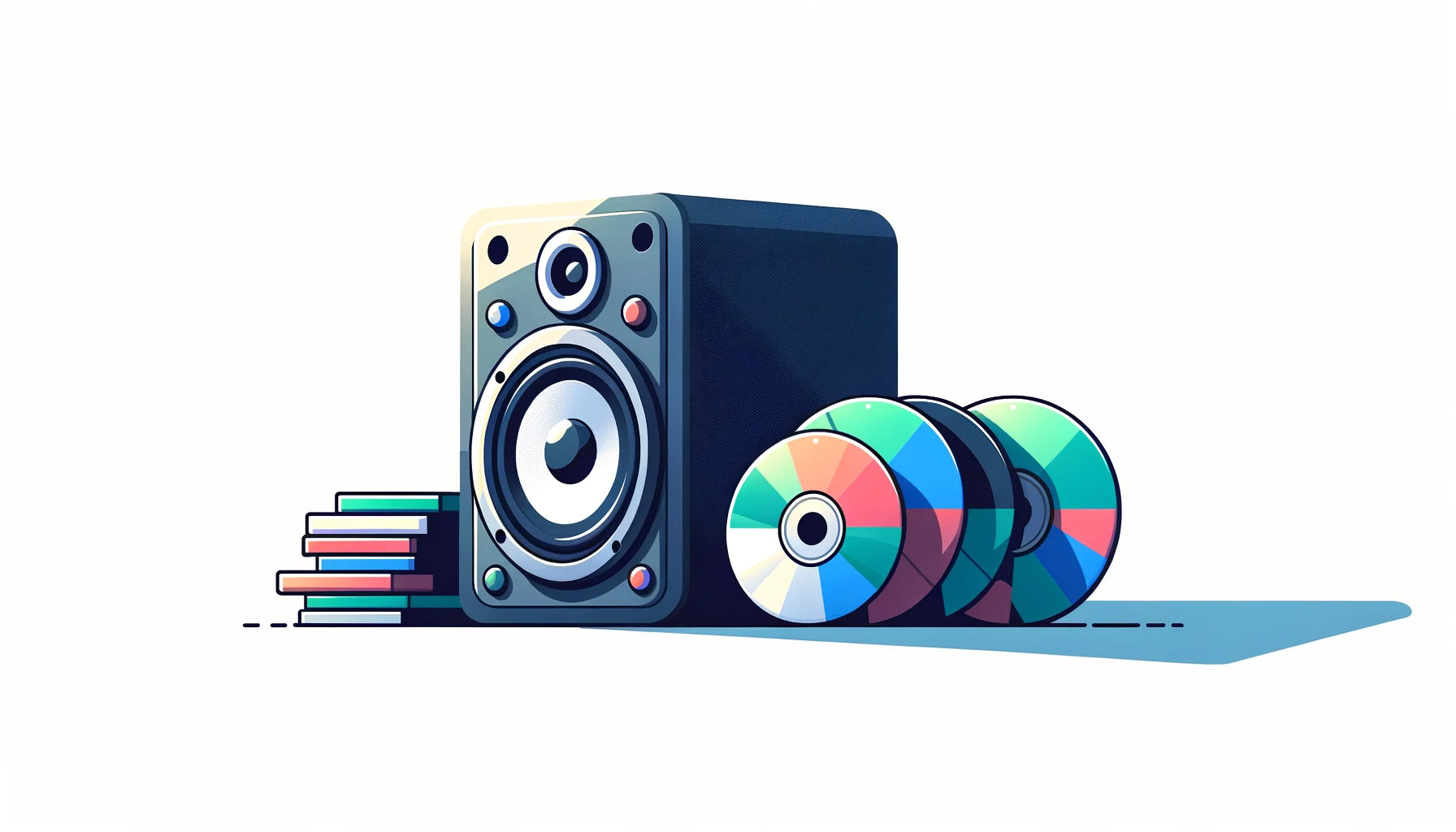Broadcasting Glossary
Expand your radio terms vocab. with this list of 30+ words. You'll never struggle to find the right term again. Just refer to this list of broadcasting terminology.

Today, get ready to pick up some new radio terms, so you can speak to other broadcasters in their native language.
“If you talk to a man in a language he understands, that goes to his head. If you talk to him in his own language, that goes to his heart.” Nelson Mandela
Here’s what I mean:
Cans to the average Joe are cylindrical metal containers, but to a radio broadcaster, they are slang for headphones. 🙂
So without losing any precious seconds, here are 30+ radio terms to fortify your radio vocab.
Ad-lib
Ad-lib or improvisation refers to spontaneous speech that hasn’t been prepared.
Announcer
Radio term for on-air talent, radio personality, presenter, host, jock or DJ.
Back-sell
Back-promoting, back-selling or back-announcing is telling listeners what songs have just been played.
Barter/Contra deal
Trading advertising space for goods and services. For instance, you may trade a 30-second ad-spot with a pizza parlor for ten pizzas.
Brokered Programming
Also called time-buy or buy-your-own talk show, it involves paying a radio station for air time.
Some stations offer brokered programming to fill gaps in their schedule. The 3rd party is responsible for hosting and producing the show.
For instance, some churches buy air time on Sunday to broadcast church services.
Cans
It’s one of the most popular radio terms for headphones.
Cue
A signal that alerts you to act, e.g., a cue light or a hand signal from your co-host or producer.
Day Parts
Stations divide their broadcast day into parts. Morning Drive 6-10 am, Midday: 10-2 pm, Afternoon Drive 3-7 pm, Evening shows 7-10 pm, Overnight show 10-6 am.
Dead Air
It’s unplanned silence in your stream that may be caused by a server downtime, encoder problem, or the host failing to show up for the show.
Demo Tape/Aircheck
An aircheck is a recording of a broadcast that mostly features segments when the presenter was speaking.
Announcers use airchecks to showcase their radio skills to potential employers.
On the other hand, a station may keep airchecks of past commercials to showcase what they have to offer to new clients.
Dynamic Range Compression
The process of reducing the variation between the quietest parts of an audio file and the loudest parts.
For instance, if the audio signal exceeds a certain threshold, it’s reduced.
Compression allows quiet parts to be heard in noisy environments like in a moving car.
Focus group
It’s a group of people selected by a moderator such as a data and measurement company like Nielsen to participate in a discussion-cum-interview.
The moderator asks the participants what they feel about a radio program or song.
So the moderator gets to understand how other people may react.
Format Clock
Also called a broadcast clock or hot clock, it is a circle chart representing a clock-face.
It’s used to order and allocate time to program elements such as songs, news, commercials, phone-ins, contests, etc.
Freeform Radio
In a freeform radio, the DJ or host has complete control over the choice of music & content.
Many high schools, college and pirate radios seem to adopt a free-form design to adjust to the spontaneity of the presenters and shows.
Gain
It’s the radio term for volume. For example, you’ll find controls labeled “gain” on mixers.
Graveyard Slot
Also called a death slot, it is the time of day when the radio has very few listeners compared to usual.
For broadcast radios, it starts from midnight to 6 am. Some stations hire freelance anchors to cover the overnight shift.
Hook
It is an instantly-identifiable part of a song such as a chorus. You can use hooks to increase the listeners’ involvement by giving them a taste of the music your station plays.
Imaging
Audio items designed to brand and position the radio in the marketplace. For instance, sweepers and drop-ins.
Log
A computer-generated record of the aired items. For example, an hourly log could have a list of songs and ad-breaks.
Newscast
A show about news events that may also have interviews and Vox pops.
On-air Shift
The duration that a DJ or announcer is on air. Most radio stations have four-hour air shifts.
Payola
The illegal practice of paying a radio station (in cash or goods) to play a song as part of the regular programming without disclosing to the listeners that the content is sponsored.
Post-production
The stages of audio production that follow the initial recording such as editing, mixing or adding sound effects.
Promos
Promos or promotions are short messages you use to promote upcoming programs to the listeners.
Radio Archive
Recording of a show that has been aired. Some stations upload their radio archives on their website for listeners to catch up with shows they missed.
Ramp
The instrumental part of a song that precedes the vocals. You can talk over the ramp.
Reach
It’s the number of listeners in your target market who have listened to your radio station during a given period.
Remote Broadcast
Broadcasting from another location away from your radio studio.
Relaying
Retransmitting a stream from another source or server.
For instance, you can relay a radio stream on your Shoutcast, Icecast or Steamcast server. Some encoders also allow you to transmit an external stream.
Rotation (music)
A rotation consists of a number of tracks repeatedly played by the station, though not in the same order.
The station may have more than one rotation group. For instance, a current hits rotation; new and upcoming song rotation, etc.
Royalties
Royalties are fees paid to songwriters, composers, and publishers for the public performance of their musical works. Performance Rights Organizations (PROs), e.g., ASCAP or BMI collect royalties on behalf of the copyright holder.
Segue
Radio term for the smooth transition from one song to another. You can make your segues tight by editing the fade-in points and fade-outs.
Sign-on and Sign-off
To sign-off is to cease broadcasting and go off-air. And a sign-on denotes the start of the broadcast day.
Radios that broadcast 24/7 don’t have sign-on and sign-offs.
Spot
It’s a commercial or public service message, e.g., a flood warning. Spots generally last for 20 to 40 seconds.
Stinger
A short audio element, such as a sound effect or music clip, used to punctuate or transition between program elements.
Total Listening Hours
You’ll encounter this term more than other radio terms.
It’s the total time listeners have spent on your radio station. For example, if 100 people listened for 10 hours each in a given month, your TLHs will be 1000 hours.
Have you expanded your radio broadcasting glossary?
That’s great.
Get notified when we publish awesome posts.
You can also catch up with all the latest posts on our Twitter page.
If you know more frequently used radio terms that are missing from our list, feel free to suggest them.
Start your internet radio with us
We offer an excellent hosting option with a fully customizable price. Get started easily.



